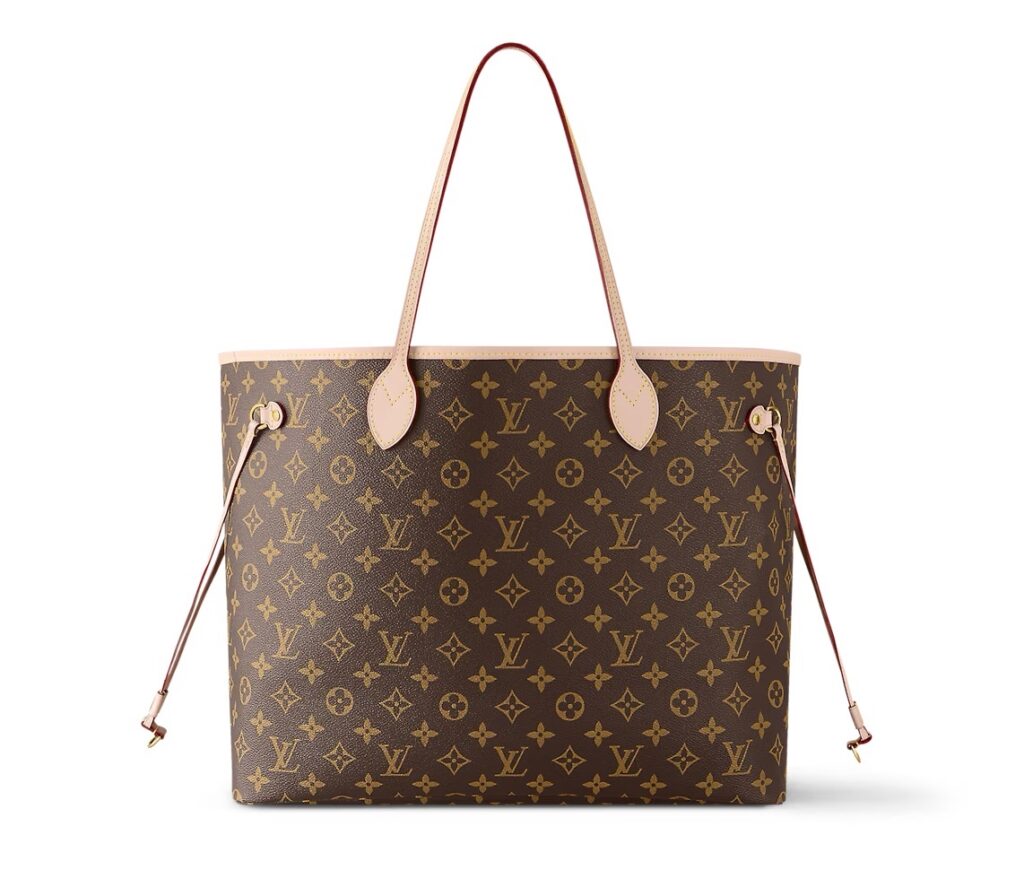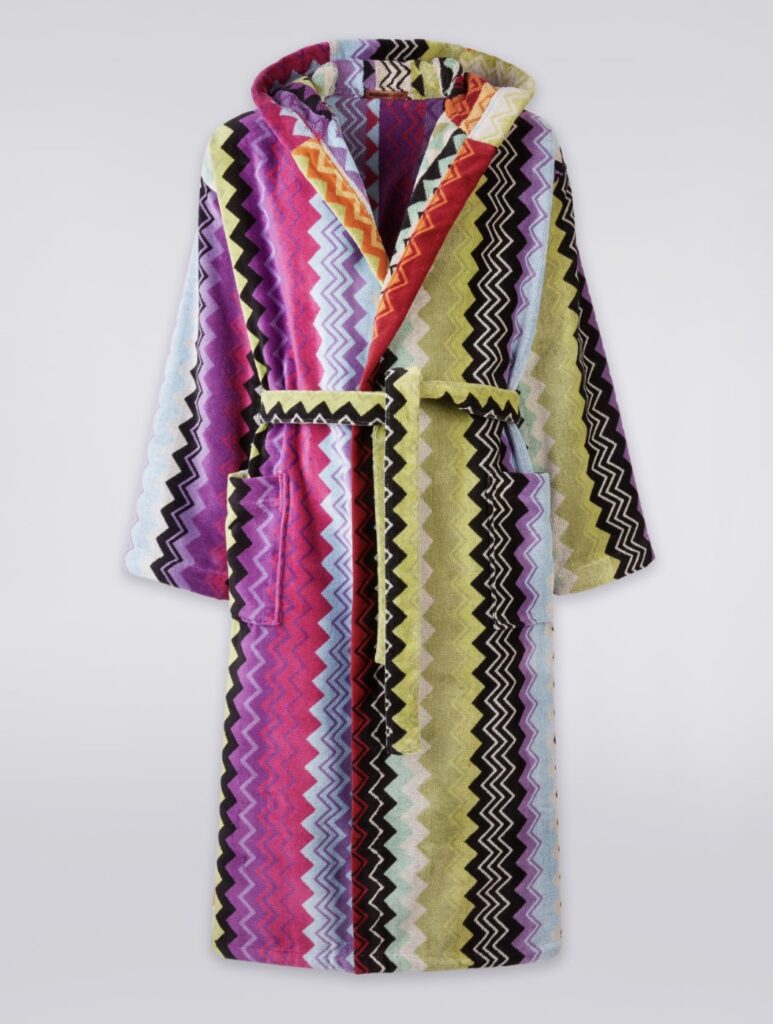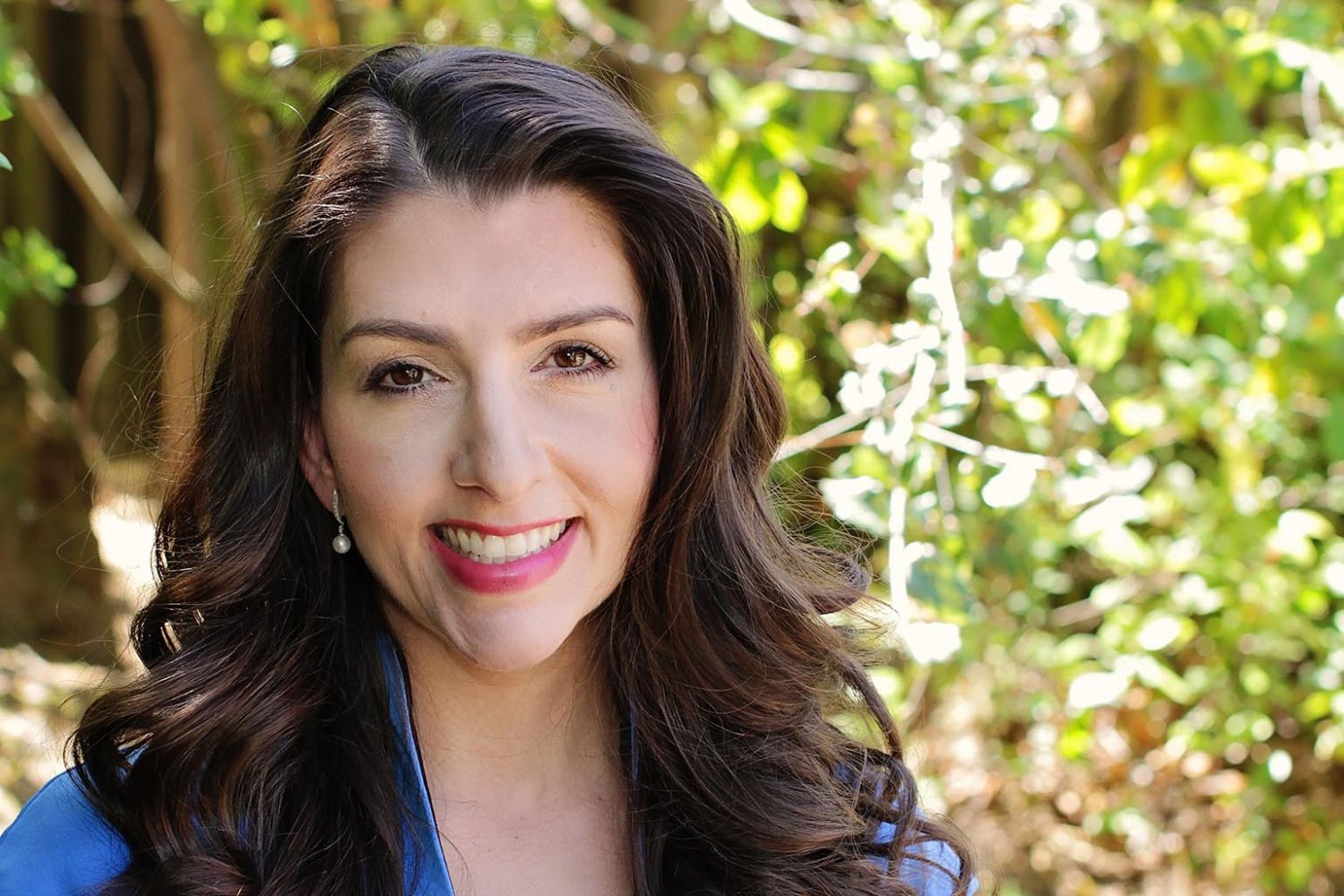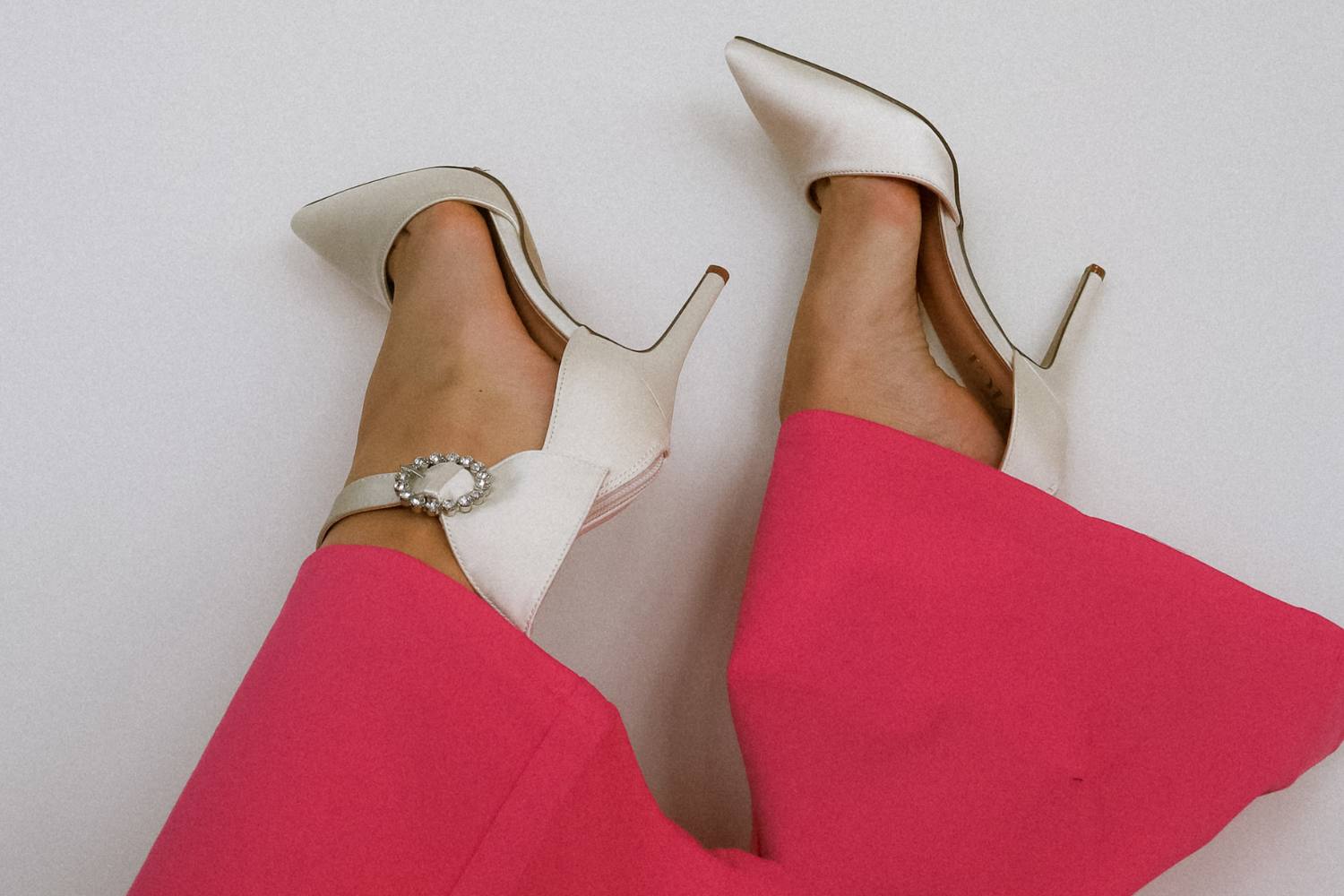
Guilty fashion pleasures
As a rule, I’m not into designer logo stuff. No shade to those who are, but I just never was interested in flaunting labels. As I’ve gotten older, I’ve come to agree with something my mother often said about clothes: “I’m not interested in wearing anyone’s name but my own.”
That doesn’t mean I abstain from designer or expensive items that take a chunk out of my bank account. Some of my favorite things in my closet come from Marni, Isabel Marant, and Fendi. But generally I’m more inclined to indulge in statement pieces by independent designers because (a) I like to support small businesses, and (b) I know the quality is likely to be excellent.
However, for the past several years I have found myself salivating over Louis Vuitton monogram bags — you know, the ones that scream “I spent MONEY” and are usually perched on the shoulder or elbow of some impeccably well-groomed woman with a perfect blowout. Not my style at all — I’m the one with messy waves and cat hair on the repurposed sweater I got at a vintage pop-up. Plus, those bags cost thousands of dollars new — way, way over my allowable budget, even for the occasional splurge.
Shame and status
The Vuitton bag is an example of a classic guilty fashion pleasure. Women in particular are familiar with this phenomenon because we’re often shamed for spending money on “material” things like clothes and accessories, even when it’s income we’ve earned ourselves. “You’re just paying for the name,” goes a common refrain, even though designer bags and accessories are often (but not always) much higher quality than lower-priced items — just like a BMW is known to be a better car than a Chevy. And somehow when men spend thousands of dollars on a suit, no one blinks an eye.
Maybe I feel guilty about it because I can’t figure out why I want one, or because I do know why and it makes me uncomfortable. Maybe there’s a part of me that wants that wealth signifier after all. I grew up in a financially unstable household, and there’s definitely an aspirational aspect to my yearning. I’ve told myself I’ll buy one when I reach a certain income level, which I’ve gotten close to but haven’t quite achieved yet.
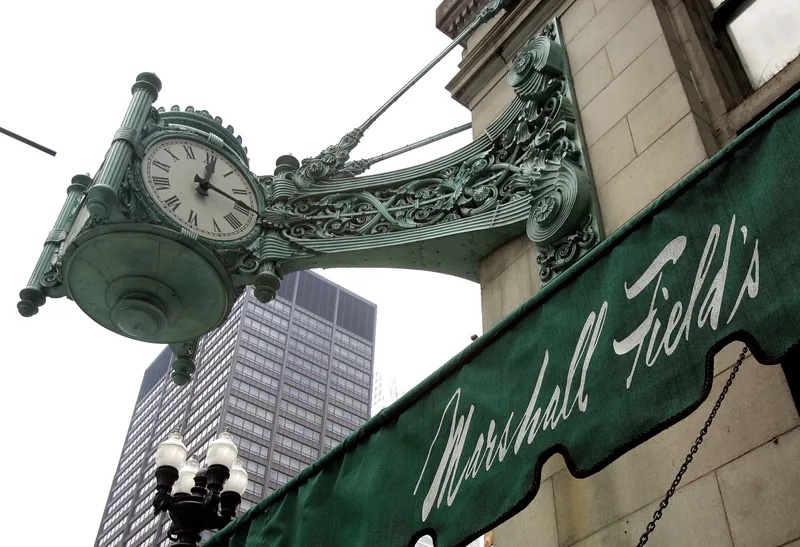
Shame about fashion is often intertwined with family, cultural, and religious values as well. When I was growing up, my mother shopped for our clothes at places like Sears and Kmart, a financial necessity for a cash-strapped single parent, but a never-ending source of embarrassment in our high-income, status-conscious community. Although she grew up in comfortable surroundings — there was a family joke that she even bought toilet paper at Marshall Field’s, the iconic Chicago department store — her circumstances had changed dramatically. She cast a skeptical eye on my teenage jaunts to the mall with my friends, and when I did get to spend holiday or birthday money there on pricier items and came home laden with shopping bags, she often exclaimed, “You sure were good to yourself!” Although she’s been gone for more than 40 years, I still often hear her voice in my head when I spend several hundred dollars on an item of clothing or jewelry.
Emotions and money
Emotions around money and clothes can even affect wealthy people. When I was a personal stylist, I had a client with a huge walk-in closet full of clothes. When we went shopping together, she racked up a $2000 bill but balked at a beautiful $1000 leather jacket she loved. “If it were $800 I could do it,’” she told me. I didn’t understand what difference $200 made at her level, but guilt is strange.
What others have to say
Out of curiosity, I polled friends and friends-of-friends in the midlife age-bracket about what their guilty pleasures are:
Amy, 53: “Paying retail.”
Laura, 48: “I have about 10 pairs of black leather boots, all of which probably look the same to a less discerning eye.”
Leslie, 46: Designer sunglasses. “I always need to have a pair on me. There’s one to go to the gym, one for going to work, for hanging out with friends, vacation, or even the grocery store!”
Deborah, 51: A Missoni bathrobe, “which I’m pretty sure is the most expensive single item of clothing I’ve ever bought in my life (and by far the most colorful). It makes me happy every time I see it.”
Good examples
Of course, guilty fashion pleasures don’t have to be about expensive clothes and accessories. They could be an addiction to fast fashion, a love of real fur, or dry cleaning. My friend Janet, who’s 60, adores vintage men’s shirts in Swiss cotton, which she sends out to get cleaned and boxed — and it’s the boxes that she feels guilty about. Perrin, who’s 54 and has a collection of vintage silk shirts, indulged in a high-end LG steamer closet, an appliance I didn’t even know existed.
Ultimately, I think a lot of guilt around fashion comes down to the very American idea (thanks, early Puritan settlers!) that we shouldn’t care that much about how we look — even though women in particular are relentlessly judged on our appearance. If we spend too much, we’re shallow; if we don’t care, we’re cheap or unfeminine.
If clothes really weren’t that important, we’d all be wearing unisex jumpsuits like they do in movies about futuristic dystopias. As we get older, we get better at parsing our negative emotions and insecurities around fashion and become more confident about recognizing sexist attitudes that shame and belittle women for caring about how we look.
As for me, when I hear my mother’s voice in my head telling me I’ve been good to myself, I now mentally answer, “Of course! Who better to set a good example?”

